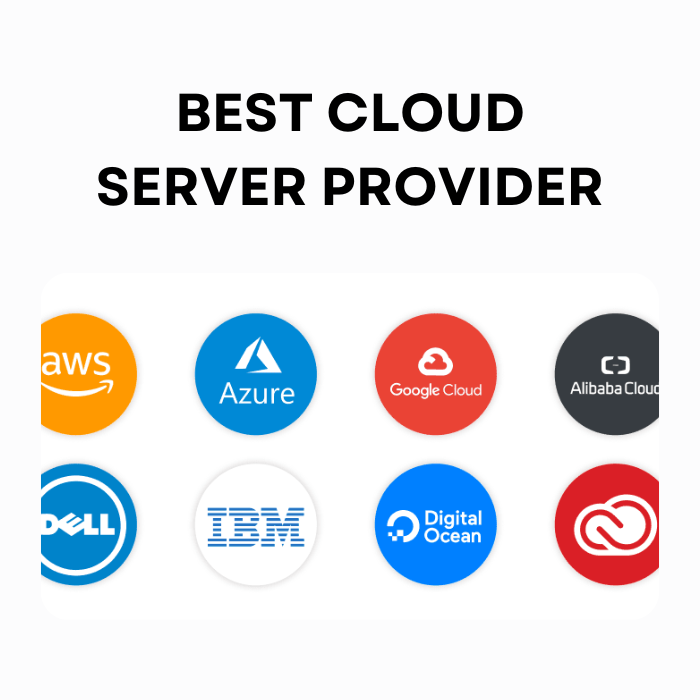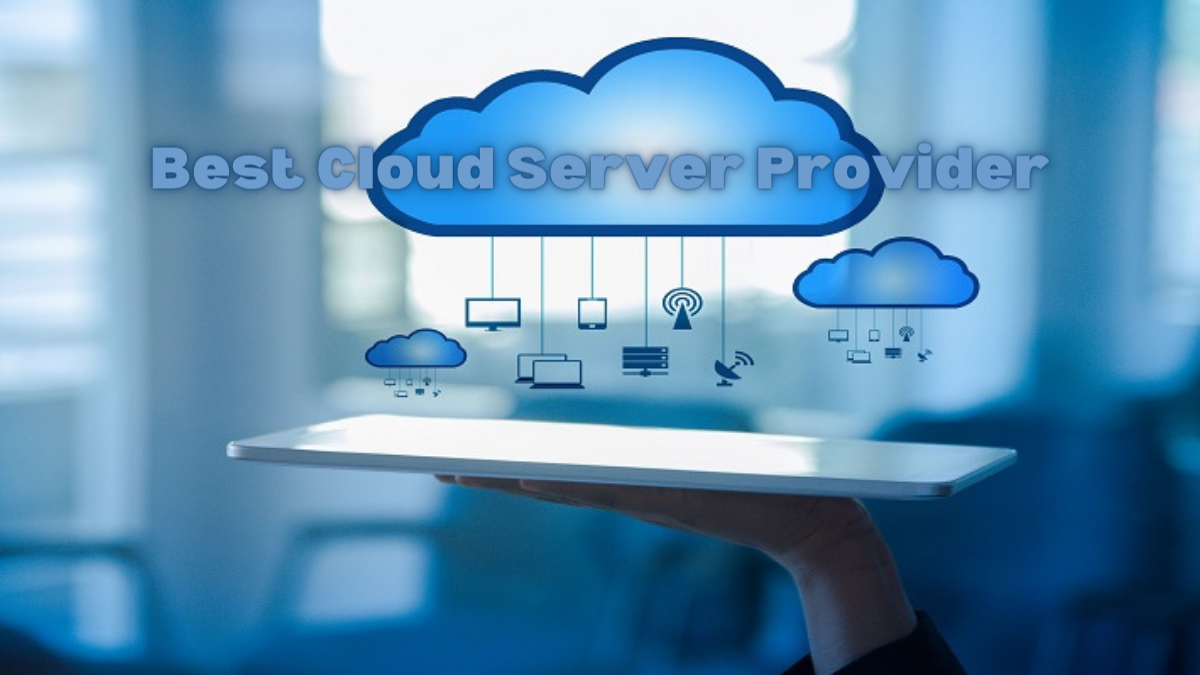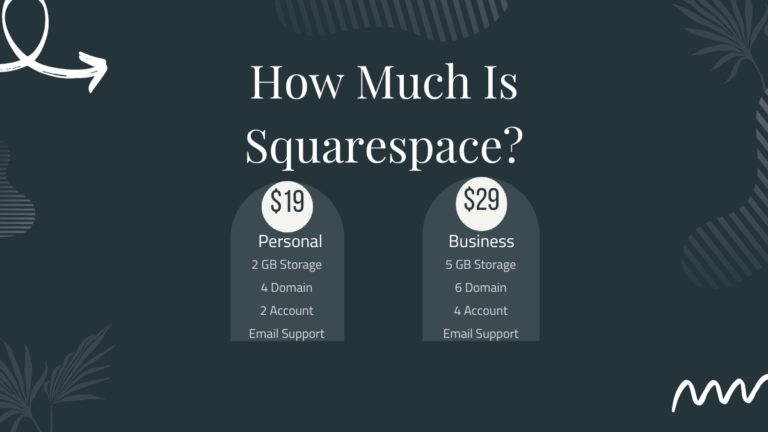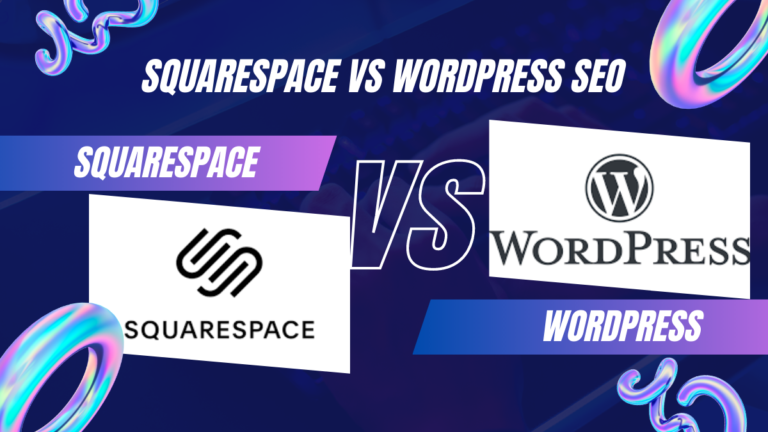Best Cloud Server Provider
Welcome to our blog post on the “Best Cloud Server Provider”! In today’s fast-paced digital world, having a reliable and efficient cloud server provider is essential for businesses of all sizes.
Whether you’re a startup looking to scale rapidly or an established enterprise seeking seamless data management, finding the perfect cloud server provider can be overwhelming. But fret not! We have done extensive research and analysis to bring you a comprehensive guide that will help you choose the best cloud server provider tailored to your specific needs.
Table of Contents
What is a Cloud Server?
A cloud server is a type of server that runs applications and services on remote servers. Clouds are used to speed up the deployment of new applications, as well as make it easy to scale up or down your application’s resources as needed. Cloud servers also offer lower costs than traditional on-premises servers and can be accessed from any computer with an internet connection.
Types of Clouds
Cloud computing is a delivery model for computing resources where the infrastructure and software are provided by the cloud provider, rather than being owned or operated by the individual user or organization. The cloud provider manages and provides access to these resources on behalf of the customer. Types of clouds include public, private, hybrid, and community clouds.
Benefits of Cloud Server
Cloud servers are a great option for businesses that need quick and easy access to web hosting services. Cloud servers allow businesses to take advantage of the economies of scale that come with using a larger provider, without having to worry about the technical details of setting up and maintaining their own server infrastructure.
Cloud servers also provide an added layer of security for businesses. Because cloud servers are hosted on remote servers, they are less likely to be targeted by cybercriminals. Cloud servers also offer faster response times than traditional server systems, which can be important for businesses that need to respond quickly to customer demands.
Cloud servers are a great option for small businesses as well as larger enterprises. They are perfect for companies that want to outsource some of their web hosting needs but still keep full control over their website content and design.

What are the Different Types of Clouds?
There are many different types of clouds, each with its own benefits and drawbacks. Some of the most common types of clouds are public, private, and hybrid clouds:
- Public Clouds: Public clouds are operated by large organizations like Amazon Web Services or Google Cloud Platform. They offer an easy way for businesses to access a pool of resources that can be sliced and diced to meet their needs. Public clouds are great for small businesses that need to quickly scale up their computing power, and they’re also popular among larger organizations that want to offload some of their workloads to the cloud.
- Private Clouds: Private clouds are operated by companies or individuals who want to keep their data and applications separate from the rest of the world. This means that private clouds can’t be accessed by anyone else other than the owners. Private clouds are perfect for companies that need to protect their sensitive data or who want to have complete control over who has access to their applications.
- Hybrid Clouds: Hybrid clouds combine elements of both public and private clouds. For example, a company might use a public cloud for storage and compute services, while using a private cloud for its application servers. This way, the company can keep its data isolated while still having access to the resources it needs.
Pros and Cons of Different Cloud Server Providers
Different cloud server providers offer different advantages and disadvantages. Here are the pros and cons of a few popular providers:
- Amazon Web Services (AWS) is by far the most popular cloud provider, with over 70% market share. AWS offers low-cost computing power, huge storage capacity, and support for a wide range of languages and frameworks. However, AWS can be expensive to set up and manage, and its customer service is often slow or unresponsive.
- Google Cloud Platform (GCP) is second in popularity behind AWS, with over 25% market share. GCP offers lower costs than AWS but not as much storage capacity or computing power. It also doesn’t support as many languages or frameworks as AWS does, but it offers superior pricing flexibility and faster customer service.
- Microsoft Azure is growing rapidly in popularity, with over 10% market share currently. Azure offers lower costs than GCP but less storage capacity and compute power than either AWS or Google Cloud Platform. Its customer service is generally better than that of either GCP or AWS, but it lacks the broad range of features offered by Google Cloud Platform or the deep price discounts available from Amazon Web Services.
- IBM Cloud is growing rapidly in popularity but has less than 1% market share at present. IBM Cloud offers lower costs than Azure but less storage capacity and computing power. Its customer service is generally better than that of either Azure or Google Cloud Platform, but it lacks the broad range of features offered by Google Cloud Platform or the deep price discounts available from Amazon Web Services.
- Rackspace Cloud is growing rapidly in popularity but has less than 1% market share at present. Rackspace Cloud offers lower costs than IBM Cloud but less storage capacity and computing power. Its customer service is generally better than that of either IBM Cloud or Google Cloud Platform, but it lacks the broad range of features offered by Google Cloud Platform or the deep price discounts available from Amazon Web Services.
Conclusion
After reading this article, you should have a good idea of which cloud server provider is best for your needs. Choosing the right provider can make all the difference in the world when it comes to keeping your business running smoothly and efficiently. Remember to weigh out all of your options before making a decision, so that you can choose the best option for your business.






